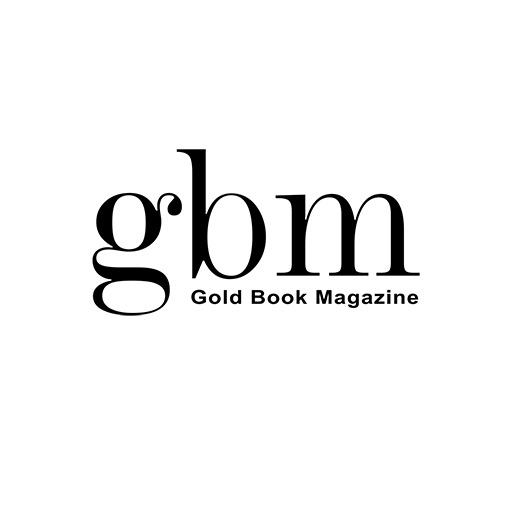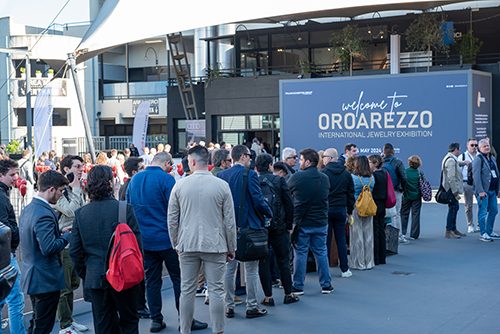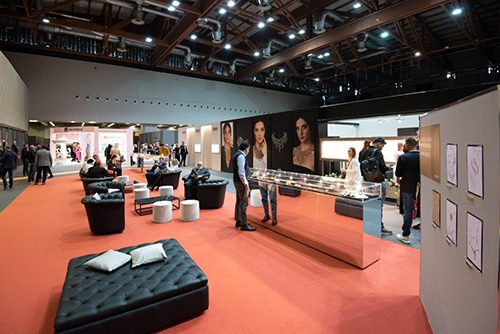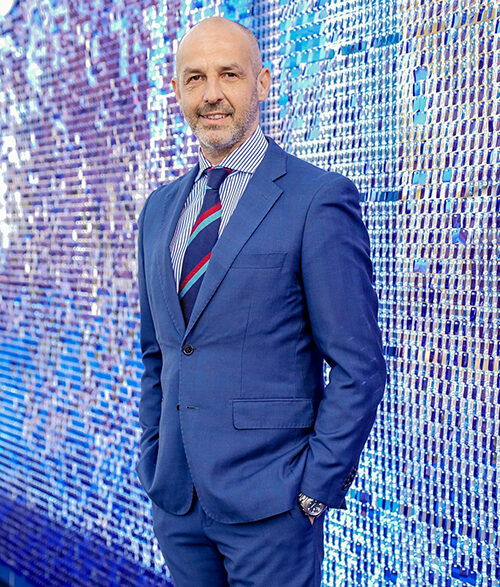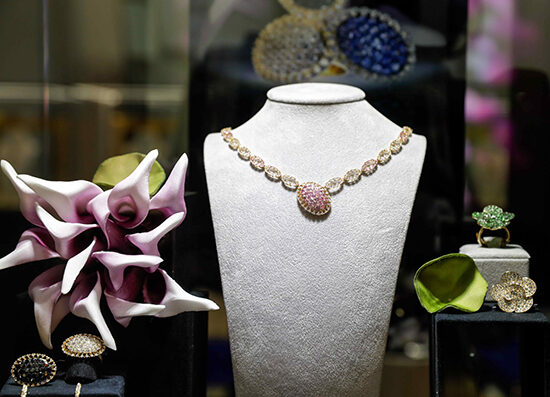
OROAREZZO – JEWELLERY SUPPLY CHAIN SUSTAINABILITY: IN SEARCH OF A COMMON STRATEGY
Sustainability as a common strategy for the jewellery industry, the search for a single certification as a mutual objective. This was the picture that emerged this morning on the second day of Oroarezzo, the Italian Exhibition Group event dedicated to Made in Italy and international jewellery, currently ongoing at Arezzo Fiere e Congressi, during the workshop organised by Federorafi in collaboration with Arezzo’s Consulta Provinciale dei Produttori Orafi e Argentieri (Provincial Council of Gold and Silverware Manufacturers).
The event, entitled “Sustainability as a passport to the future” and moderated by Federorafi General Manager Stefano de Pascale, was attended by Silvia Bezzone, Bulgari Gioielli, Egidio Chini, F.lli Chini, Raul Sapora, auditor, CSR expert and gemmologist, Cristina Squarcialupi, Unoaerre Industries and Federorafi Vice-President in charge of sustainability, and Damiano Zito, Progoldx, with the participation of Luca Parrini , Arezzo Goldsmith Council Coordinator. The conference was introduced by Marco Carniello, Global Exhibition Director for Jewellery & Fashion at IEG, while Simone Chierici, Councillor for Production Activities for the Municipality of Arezzo, delivered greetings from the Mayor, Alessandro Ghinelli, with a message that highlighted the “great interest and topicality of the theme, which is particularly dear to our administration. Talking today about future scenarios is also a clear sign of the sector’s farsightedness.”
THE SUPPLY CHAIN’S SUSTAINABLE ROLE
“Italian jewellery manufacturing is in an advantageous position in terms of producing sustainable jewellery and nurturing a well-established circular economy of precious metals,” said Cristina Squarcialupi . “Added to these aspects is the talent of Italians as high-quality craftsmen and creative designers, whose artistic excellence and workmanship is recognised the world over. All these factors, together with certifications guaranteeing the reference market, make a great team for creating jewellery that is both beautiful and sustainable.”
According to Egidio Chini, “social responsibility and sustainability are key issues for end buyers and are therefore becoming more and more of a sounding board for our products. We are responding to these issues because our customers want it, but above all, out of ethical duty. The supply chains, in terms of sustainability, will have a strong, certified, quantifiable and proven identity.”
Damiano Zito sees sustainability as “an extremely important and topical issue that is not only an opportunity for companies, but also, and above all, a duty to play their part in the journey towards a better world, following the ethical principles that should guide everyone’s actions.”
A STRATEGY DEVOTED TO ETHICS AND SOCIAL RESPONSIBILITY
Silvia Bezzone, on the other hand, outlined the role and collaboration modalities of an international brand in its relations with the supply chain. “We are committed to providing our partner companies with specific training and will continue to invest in ethical issues in the future.”
Asked what jewellery manufacturers can actually do to avoid contributing to human rights violations along their supply chain, Raul Sapora responded strongly by saying “they should make sure they have traceable and transparent supply chains where human rights are regularly monitored and respected. Certification is the bridge between the standard (for example, RJC) and the impact a company has on the social fabric: it helps turn management practices into measurable actions.”


